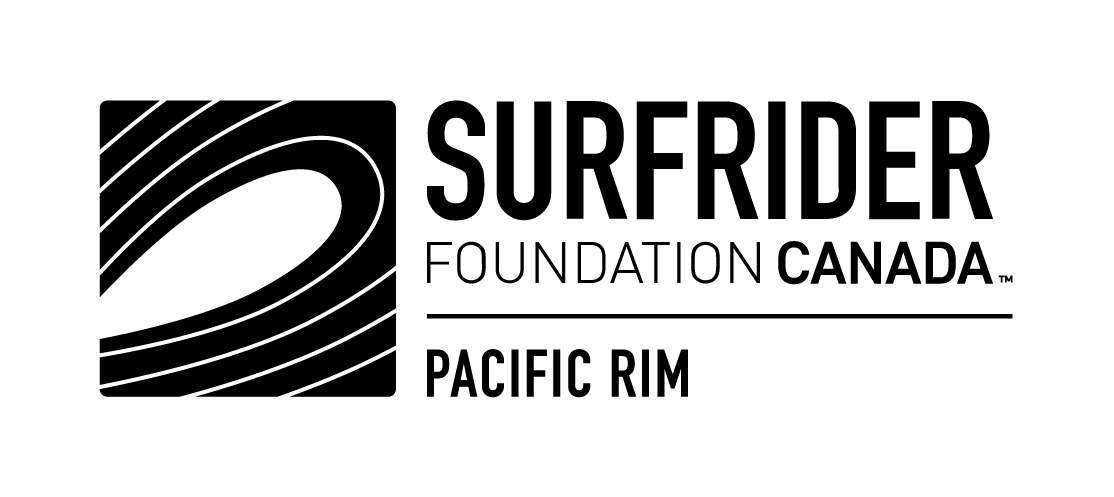Circular
The beauty of surfing is that we get to spend hours out on the waves, feeling a ripple glide under our bodies that was created thousands of miles offshore. Our moments on the sea organically bring us back to a sense of interconnection, that we are intimately tied to our surroundings. Though we receive unlimited benefits from the salty expanse of water, we rarely reciprocate this care. In fact, we live in a bizarre time where it’s the norm to use something for minutes and then throw it away, where it will most likely find its way downstream in the waterways that sustain us. Mass consumerism depends on this attitude, and this perspective understands growth as linear and earth’s systems as infinite – to both supply our demand and absorb our waste. Of course, these notions are both false and dangerous and have led to the depletion of resources and pollution of land, sea and sky.
Just as the answers to our personal problems are often provoked by jumping in the sea and being outdoors, the solutions to our larger issues can also be found by looking to nature. A large answer to solving pollution and waste lies in the circular economy movement, In The Optimistic Environmentalist, Dr. David Boyd states that a circular economy “recycles materials infinitely, relies on renewable energy, minimizes and eliminates the use of toxic chemicals, and eradicates pollution and waste through careful design. Inspired by living systems, it provokes new designs, materials, systems, processes and business models.”
A large contributor to a circular economy is cradle to cradle design, which posits that materials must be made with 100% recycled content or 100% compostable content. When a product’s usefulness comes to an end, it must be able to be manufactured into new products or composted to create soil and grow new crops. Many corporations are now weaving cradle to cradle design into their operations and using this design as a stamp of their social and environmental responsibility. An example of this can be seen in many restaurants across the globe who are lowering their waste to a pound and less a month through cradle to cradle design and efficient use of resources, where all food scraps are sent to farms to be composted, emulating the natural cycle where waste becomes food.
In Tofino, Surfrider Pacific Rim is adding momentum to the circular economy movement. Cigarette butts are the most littered item in the world, with over 4 trillion disposed globally on an annual basis. Surfrider set up the Hold On To Your Butt Program, where cigarette butts are collected from public and private property, and then sent to Terracycle to be recycled into plastic lumber for building. In the last year, we have recycled 160K butts. Surfrider also coordinates the Wetsuit Reincarnation Program, wetsuits are a petroleum product and once they have been worn down and rendered unusable, they are often sent to landfill where they will live on indefinitely. Through this program, suits are collected and sent to SUGA in California who recycle the suits into high quality yoga mats. Once a yoga mat is also worn out, it can continue to be recycled into new mats, cradle-to-cradle! Surfrider Pacific Rim has recycled 1500 lbs of wetsuit just in the last year! You can drop off unusable wetsuits at Surf Sister and Pacific Surf School, as well as Relic in Ucluelet. Through the Ocean Friendly Business Campaign, all writing utensils can also be dropped off at Ultramarine Art Supply to be recycled.
A new emerging field of progressive recycling concerns marine debris, a pollutant that is taking over the oceans, beaches and coastlines of the world. The plastic marine debris crisis is the linear economy being thrown right back at us, in this case, being ejected from the ocean and onto the shorelines of our most beloved hangout zones. Surfrider Foundation, among many other organizations, are working to conduct clean ups as well as address the roots of the marine debris issue by eliminating products like single use plastics. Once debris is picked up off the beach, where does it go? It usually gets transplanted to the nearest landfill, an environment that we have sectioned off as a sacrifice zone. Now, nonprofits and entrepreneurs are working to recycle marine debris, including Ocean Legacy Foundation in Vancouver, whom Surfrider works with. They divert 90% of the marine debris they receive from the landfill, by working with partners including Foam Only and Lush Cosmetics.
The saying “come full circle” means for something to complete a full cycle and return to its beginnings. We witness the magic of this with water that transpires from plants or evaporates from the ocean and eventually returns to land and sea through precipitation. If we’re lucky, we can get caught in this unfolding process, like when we’re surfing and the azure skies pour down on our souls and boards; water returning to its beginnings. A world ran in a circular system eliminates pollution that clogs landscapes, the ocean, atmosphere, our minds and bodies. In a circular economy, once a product is used, it will be broken down into raw materials to be used again. Our ocean’s greatest hope is that humanity will return to these roots, where everything is used and respected, and everything is imbued with value.

